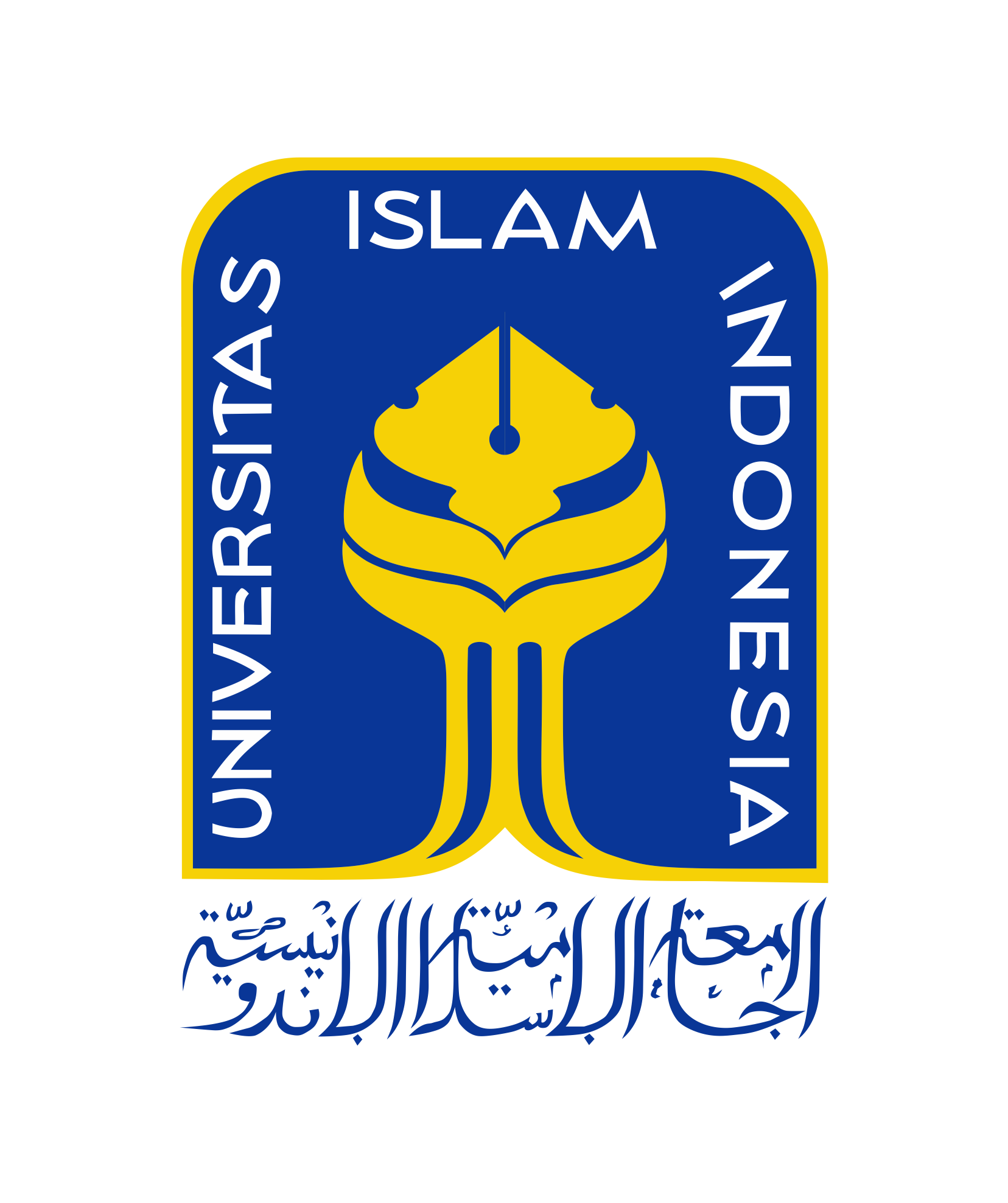Financial Technology Proficiency as Leverage Factor of Financial Literacy affect on Investment Decisions
Keywords:
Financial Literacy, Financial Technology, Investment DecisionAbstract
Indonesia's financial literacy is only 38% in contrast to financial inclusion which reaches 78% resulting in an increased risk of financial management failure, fraudulent investment and embezzlement. On the other hand, fintech developments are increasingly rapidly adding to the dynamics of the financial market during this pandemic. This study aims to examine the effect of financial literacy on investment decisions by mastering fintech as mediation. The object of research focuses on millennial and z generation MSMEs who are considered to have the capacity to invest in the capital market and are technologically literate. The sampling technique in this study was purposive sampling with the sample criteria being young entrepreneurs investing in the capital market. Data analysis was carried out using Moderated Regression Analysis for hypothesis testing. The results in the study are (1) There is a positive effect of financial literacy on the investment decisions of young entrepreneurs. (2) There is a positive effect of fintech literacy on the investment decisions of young entrepreneurs. (3) Fintech literacy do not mediates the influence of financial literacy on the investment decisions of young entrepreneurs.
References
Ab Rashid, N., Supian, K., & Bojei, J. (2018). Relationship Between Halal Traceability System Adoptions On Halal Food Supply Chain Integrity And Performance. International Journal of Asian Social Science, 8(8), 569-579.
Alaaraj, Hassan & Bakri, Ahmed. (2020). The Effect of Financial Literacy on Investment Decision Making in Southern Lebanon. International Business and Accounting Research Journal. 4(37).
Apanasovich, N., Alcalde-Heras, H., & Parrilli, M. D. (2017). A new approach to business innovation modes: the “Research, Technology and Human Resource Management (RTH) model” in the ICT sector in Belarus. European Planning Studies, 25(11)
Arianti, B. F. (2020). Pengaruh Pendapatan Dan Perilaku Keuangan Terhadap Literasi Keuangan Melalui Keputusan Berinvestasi Sebagai Variabel Intervening. Jurnal Akuntansi, 10(1), 13–36.
Bonilla, D., & Svitavsky, K. (2018). advancing economic Equity And Inclusion. Economic Development Journal, 17(4), 10–15.
Fitriarianti, B. (2018). Pengaruh Literasi Keuangan,Perilaku keuangan dan Pendapatan Terhadap Keputusan Berinvestasi. 66, 37–39.
Helaludin. (2019). Peningkatan Kemampuan Literasi Teknologi dalam Upaya Mengembangkan Inovasi Pendidikan di Perguruan Tinggi. Pendais, I(skor 403), 44–55.
Ibarra D, Bigdeli AZ, et all. (2020).Business Model Innovation in Established SMEs. Journal of Open Innovation. 6: 76-98.
Kondarevych V, Andirushchenko K, et all. (2020). Digital Transformation of Business Processes of an Entreprise. 9(4): 1800-1808.
Kusuma, I. (2019). Pengaruh Literasi Keuangan Terhadap Inklusi Keuangan Melalui Financial Technology Pada Umkm Di Bandar Lampun. Jurnal Manajemen Bisnis dan Kewirausahaan. 4(5). 247-252.
Madi, Ahmed & mohd. yusof, Rosylin. (2018). Financial Literacy and Behavioral Finance: Conceptual Foundations and Research Issues.
Margaretha, F., & Pambudhi, R. A. (2015). Tingkat Literasi Keuangan Pada Mahasiswa S-1 Fakultas Ekonomi. Jurnal Manajemen dan Kewirausahaan (Journal of Management and Entrepreneurship), 17(1), 76–85.
Meng L, Qamruzzaman M, Adow AHE. (2021) Technological Adaption and Open Innovation in SMEs: An Strategic Assessment for Women-Owned SMEs Sustainability in Bangladesh. Journal of Sustainability. 2021; 13:1-22.
Mohammad-Ali Latifi, Shahrokh Nikou, Harry Bouwman. (2021). Business model innovation and firm performance: Exploring causal mechanisms in SMEs. Technovation. Volume 107.
Nguyen, N. T., Nguyen, H. S., Ho, C. M., & Vo, D. H. (2021). The convergence of financial inclusion across provinces in Vietnam: A novel approach. PLoS ONE, 16(8), 1–20.
Suhendra, A. D., Asworowati, R. D., & Ismawati, T. (2020). Pengaruh Literasi Keuangan,Perilaku Keuangan,dan Locus Of Control Internal dalam Keputusan Investasi. Akrab Juara,5(1),43–54
Weixiang, Sun & Qamruzzaman, Md & Rui, Wang & Kler, Rajnish. (2022). An empirical assessment of financial literacy and behavioral biases on investment decision: Fresh evidence from small investor perception. Frontiers in Psychology. 13.
Wójcik, D. (2021). Financial geography II: The impacts of FinTech – Financial sector and centres, regulation and stability, inclusion and governance. Progress in Human Geography, 45(4)






